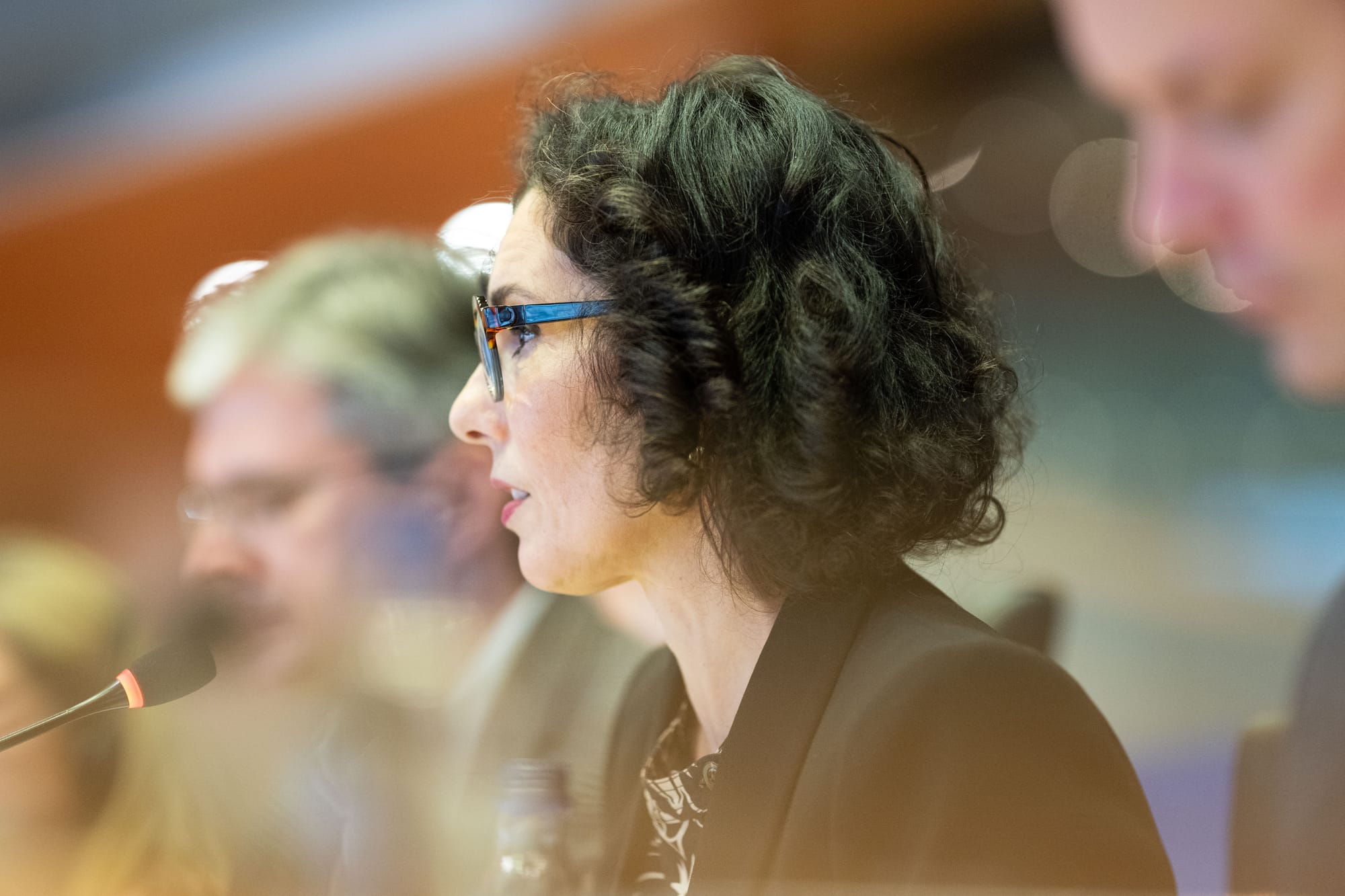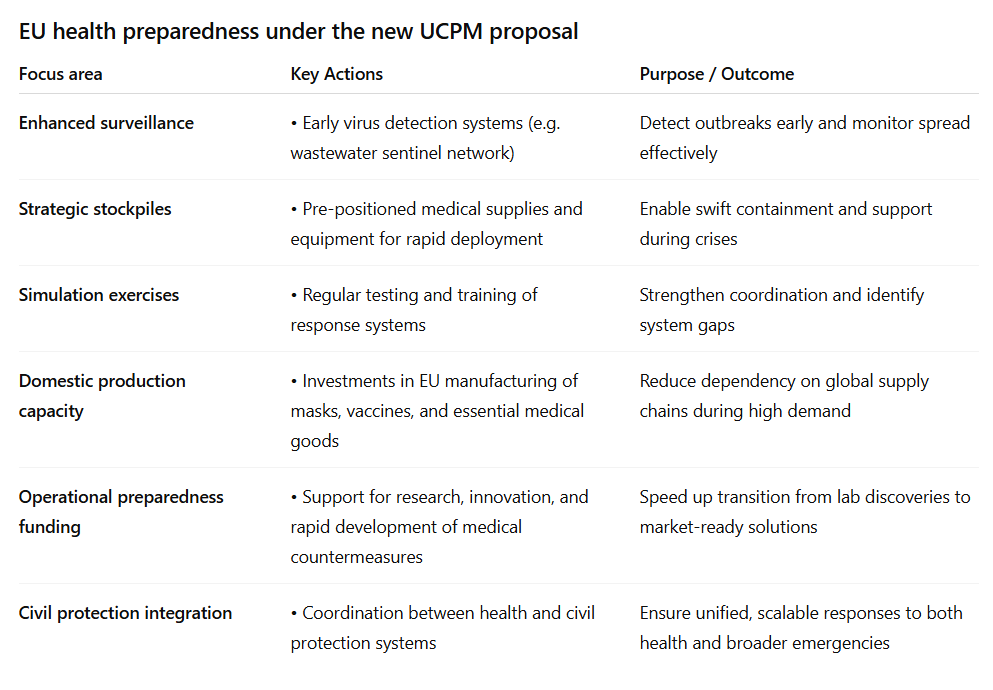MEPs press commissioner on the future EU Civil Protection Mechanism
MEPs urge stronger coordination and welcome the additional funding for crisis preparedness

MEPs from the Environment (ENVI) and Public Health (SANT) Committees raised concerns about the functioning of the future Union Civil Protection Mechanism (UCPM) during an exchange of views with Commissioner for Preparedness and Crisis Management, Hadja Lahbib.
Commissioner Lahbib told MEPs that the crises over the last five years had shown the limits of current systems: “It's now clear that we need strong instruments and budget to face today's complex and dangerous risks.”
The updated UCPM aims to bring together support for civil protection for civil emergencies such as flooding and fires and health emergency preparedness. Under the proposed Multiannual Financial Framework 2028-2034, its budget is expected to increase from €3.6 billion to €10.7 billion. Part of this will come from the EU4Health programme transferring health emergency preparedness and response activities currently funded under that programme under the new mechanism.
The Chair of the SANT Committee Adam Jarubas said that with the current volatile mix of health threats, geopolitical tensions and climate change, sufficient funding was “critical”.
Lahbib said that anticipation and preparation were more important than ever, she said that Europe could not afford to just react. She outlined six areas were the new UCPM would work.

The Commission will also reinforce cooperation abroad, especially in the face of others reducing their funding. Lahbib said that the Commission will come forward with the Global Health Resilience Initiative next year.
However, some MEPs warned that increased coordination must not lead to bureaucratic overlap. Kristian Vigenin (S&D, Bulgaria) welcomed the new Crisis Coordination Hub but cautioned that several existing bodies, including the Emergency Response Coordination Centre (ERCC), the Health Emergency Preparedness and Response Authority (HERA), and the EEAS Crisis Response Centre, already operate in similar areas. “We risk duplication of effort and new layers of bureaucracy,” he said.
Oliver Schenk (EPP, Germany) called for a more integrated European approach to disaster response training, arguing that such programmes “too often remain confined within national borders.” He urged the creation of common standards and shared training frameworks to improve cross-border cooperation.
MEPs from the ENVI Committee called for more mitigation and prevention of climate-related crisis, saying that climate change was also a health emergency. Tilly Metz MEP (Greens, Luxembourg) said the UCPM should focus equally on prevention.
